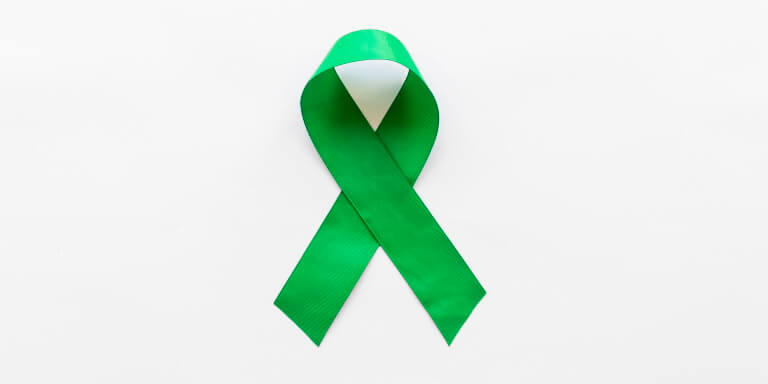Follicular lymphoma (FL) is an indolent subtype of non-Hodgkin’s lymphoma (NHL) that affects white blood cells known as lymphocytes, which help the body fight infections. When someone has follicular lymphoma, the affected blood cells are carried throughout the body to different parts of the body such as organs, bone marrow and lymph nodes. These cells can then form tumors in these areas. Around 20% of all NHL cases are follicular lymphomas.
What are the Symptoms of Follicular Lymphoma?
It is possible to not show any symptoms of FL in its early stages, however, patients can experience:
- Painless swelling of the lymph nodes
- Shortness of breath
- Fatigue
- Night Sweats
- Fever
- Unexplained Weight loss
Due to the indolent or slow growing nature of FL, symptoms can go unnoticed for years and makes diagnosis more difficult and more likely to be at advanced stages.
How is FL Diagnosed?
When lymphoma is suspected, a doctor will first choose to conduct a physical exam and ask for your medical history in order to get an idea of your risk factors. Biopsies are the most commonly used method for diagnosing lymphomas, however, further testing could possibly be needed to determine the type and staging of the disease, including complete blood count (CBC), blood smear and imaging tests such as CT or PET scans.
What Treatments are Available for Follicular Lymphoma?
Treatments currently available for FL include:
- Watchful waiting, which involves diagnosing the lymphoma in its early stages and simply watching the condition without any treatment until the disease progresses or symptoms need to be alleviated.
- Radiation, which involves using high-energy beam to destroy the cancer cells.
- Chemotherapy which involves drugs that kill cancer cells in the body. When treating FL, it is commonly combined with other treatments.
- Monoclonal antibodies which involves medicines that target specific markers on tumors and help the body’s natural immune cells fight the cancer. The most common one used for treating FL is known as Rituximab (Rituxan).
- Radioimmunotherapy which involves using the medicine yttrium-90 ibritumomab tiuxetan (Zevalin) in order to target cancer cells with radiation.
- Stem cell transplant which involves infusing healthy stem cells into the body to replace diseased bone marrow. The two types of stem cell transplants are Autologous and Allogenic.
Resources:


Write a Comment